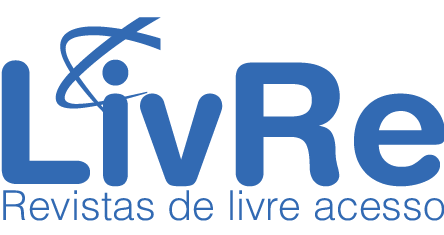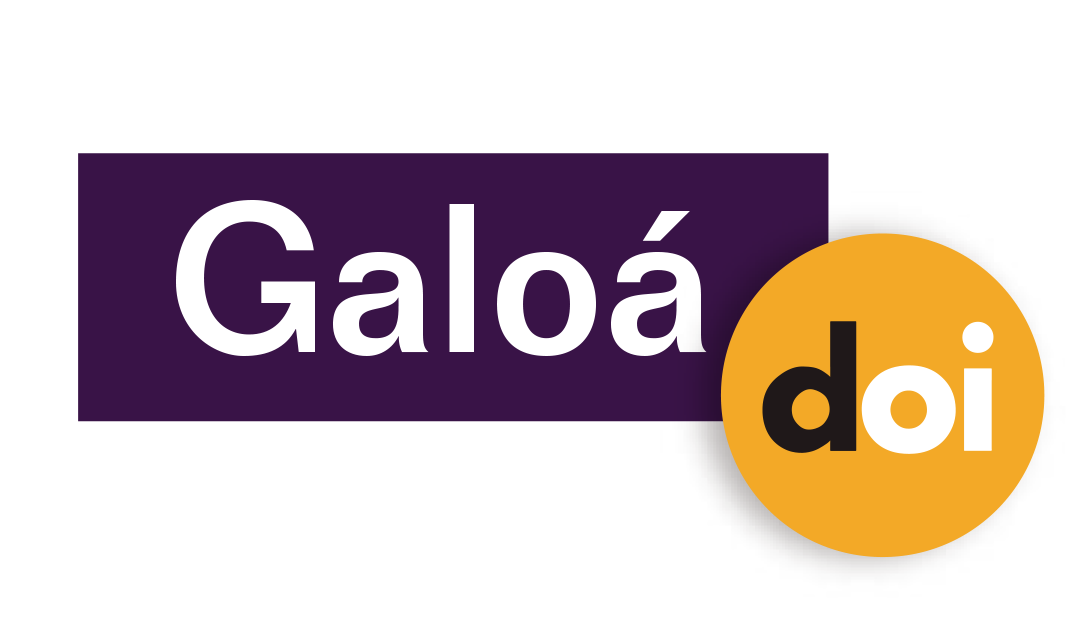Chemistry laboratory anxiety in eighth grade students from Barrancabermeja, Colombia
Resumo
Background: Very few studies have covered emotions and performance of high schoolers in the chemistry laboratory in the world. Science teaching should be supported by the use of laboratory practices that allow students to prove theoretical concepts, and the influence of these practices should be studied in detail, especially in the Latin American context, during and after the pandemic produced by SARS-CoV-2. Objective: We intend to analyse the influence of chemistry laboratory sessions in the academic performance of six eighth grade students. Design: There was a mixed approach of quantitative data (student’s grades and anxiety tests’ results) and qualitative data (student’s behaviour in the chemistry laboratory) to answer the research question. This research can be classified as correlational and field-based. Setting and Participants: This study took place in Barrancabermeja, Colombia; in a public school and six students (two males and four females) with good grades in science voluntarily applied to be in the research. Data collection and analysis: Quantitative data was collected from the two anxiety tests applied to the students and the grades they obtained in the chemistry subject during their stay in the laboratory sessions. Descriptive statistics was applied to this data. On the other hand, qualitative data was collected from the field diary and the video recordings of the laboratory sessions, analysing the behaviour of students in terms of their cognitive, behavioural and affective performance in the lab. Results: It was found that the academic performance of students varies widely depending on multiple factors different to just the attendance to the laboratory sessions, reaffirming that academic performance is multi-influenced. Also, students showed a noticeable evolution in ther cognitive, behavioural and affective performance in the chemistry laboratory as well as a decrease in the anxiety levels in this space. Conclusions: We found that the chemistry laboratory can influence positively on the behaviour of students but does not have a direct influence on their academic performance. A chemistry laboratory anxiety instrument was applied for the first time in Latin America and can be used in other contexts, taking into account what is mentioned in this work.
Palavras-chave
Texto completo:
PDF (English)DOI: https://doi.org/10.17648/acta.scientiae.6983
Apontamentos
- Não há apontamentos.
Direitos autorais 2022 Elgar Gualdrón Pinto, Luis Fernando Ávila Ascanio

Esta obra está licenciada sob uma licença Creative Commons Atribuição 4.0 Internacional.
ANÚNCIOS
Informamos que, a partir de outubro de 2024, a revista Acta Scientia volta a aceitar submissões de artigos para publicação.
Mais, informamos que sites fraudulentos, https://periodicos-ulbrabr.org e https://periodicos-ulbrabra.org, estiveram se passando pela Acta Scientiae, utilizando nosso nome e identidade visual e até solicitado taxas de APC, que nós não cobramos. Aconselhamos cautela para evitar serem enganados por sites semelhantes.
Conceito A2 na Capes(2021)
Índice h5 do Google Scholar: 13
Índice mediana h5 do Google Scholar:24
eISSN: 2178-7727
Indexações:
A Acta Scientiae é indexada em: | Scopus |  | Latindex |  | Edubase (SBU/UNICAMP) |
 | Sumarios.org |  | Google Scholar |  | Portal LivRe (CNEM) |
 | Journals for Free |  | REDIB |  | Galoá DOI |

Todos os trabalhos publicados aqui estão sob uma licença Creative Commons - Atribuição 4.0 Internacional.
